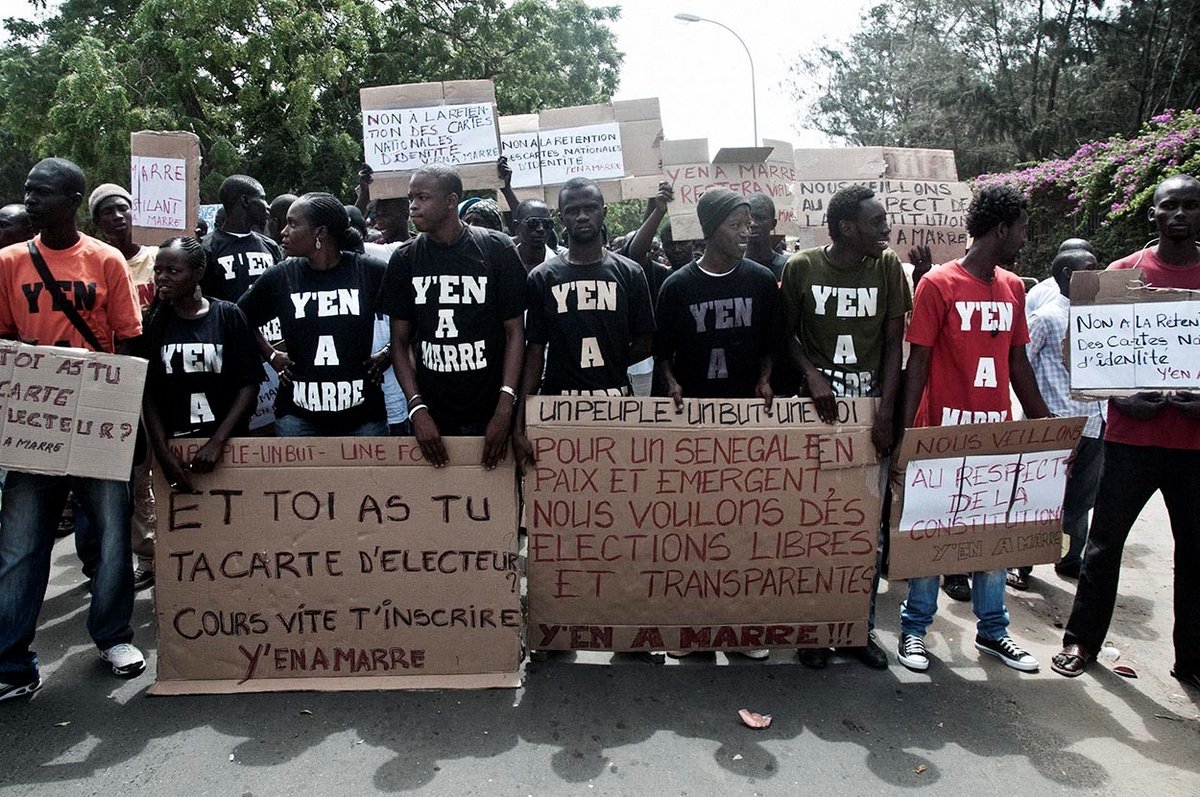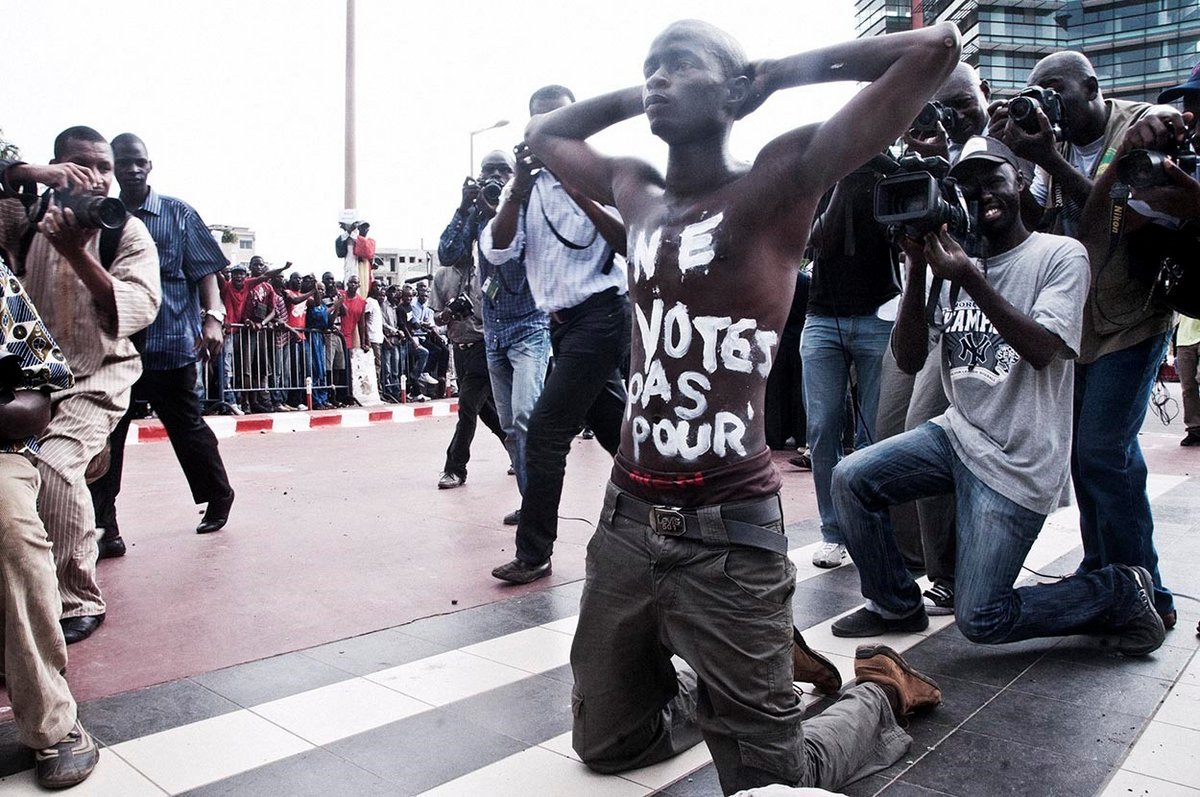
Since the mid-2000s, protests internationally are experiencing a sort of “boom” which has contributed to new forms of political culture. Particularly in the societies of the Global South, youth movements have been seen as the most important protagonists of these protests, which are often related to recent economic and political developments, yet sometime do not specifically formulate their own demands, but rather, highlight the plurality of civil society actors, openly and spontaneously- through the occupation and re-definition of public spaces. These new forms of protest are particularly effective thanks to the rapidly growing availability of social media, which enable new forms of networking (including global), and rapid, concerted, collective action. In some countries of the Global South, organized youth movements draw in part on political and pietistic forms of Islam, in order to rebel against existing regimes. Particularly the more politically orientated forms of youth movements serve as forms of legitimation and provide alternative options for action.

As seen in the Arab Uprisings, the consequences for the established social orders and political cultures of the respective countries are hardly those that one can represent with a single formula. Part of the reason for this is the lack of existing research on the transformation of political culture resulting from youth movement protests. The presented project plan attempts to rectify this deficiency, by addressing the question of how youth movements in Senegal and Bangladesh are bringing new dynamics to the existing political cultures and what affects they are having on their transformation.
Photographs from the photo serie Visage d'un Mouvement Citoyen, photographer Élise Fitte-Duval
Bangladesh and Senegal: a transregional comparison
There are many close parallels between Bangladesh and Senegal. In both countries - especially the metropolises Dhaka and Dakar - protests have become an important factor for transformation processes in political culture. Both countries have a demographic structure biased towards youth, which opens up completely different political dynamics than in Western European societies. In Bangladesh and Senegal, with support from international development cooperation bodies, core secular principles of statehood have ensured a relatively stable relationship between political order and Islamic tradition. This relationship is now being repeatedly called into question by increased interactions with (partly transnationally-networked) Islamic actors and discourses. And in both countries, it is possible to observe for some time now how youth movements take up elements of the respective national political culture on the one hand, while on the other also creating transnational references with their aspirations, imaginations, and utopias. Alongside these parallels, however, there are also marked, historically-founded differences between the two countries, which are revealed through our transregional comparison approach.
The proposed project intends to clarify, through empirical methods and data, how youth movements in the two countries create meaningful references to Islam and secularism, as well as traditionality and modernity, and to what extent they formulate clear for and against arguments. Many current global protest movements (such as Occupy, Nuit Debout) precisely deny such binary constructions. Theoretically, the project draws on social-movement research as well as cultural sociology. Methodologically, it takes a micro-sociological perspective on the everyday practice of youth movements and protests. The comparison of two youth movements in two different Muslim societies will allow the identification and mapping of analogous and conflicting patterns, the formulation of context-independent statements and the identification of general structures.
Publikationen
Gukelberger, Sandrine/Meyer, Christian (2020, i.E.). Creating space by spreading atmospheres: Protest movements from a phenomenological perspective. In: Bauer, Nina et. al. (Hrsg.): Re-figuration of Spaces and Cross‐Cultural Comparison, Journal FQS*
Vorträge
03.2020
„Counter-memories at work: Youth protesting for decolonization and sustainability“, International Development Institute, Kings College London/Great Britain (aufgrund von Corona verschoben auf 2021)
02.2020
„Dekolonialer Aktivismus und Nachhaltigkeit”, Vorlesungsreihe Globalization, Development and Sustainability, Hochschule Fulda
10.2019
„Protest practices and temporal orientations”, Konferenz „Movement, Protest, Activism. Interdisciplinary Approaches to an Elusive Phenomenon”, Universität Konstanz
09.2019
„Recht auf Stadt im globalen Süden”, 7. Studentischer Soziologiekongress, Ruhr-Universität Bochum
Feldforschungen in Dakar & Paris 2019
09.2019, 11.2019 Paris (1 Woche)
08.2019 – 09.2019 Dakar, Senegal (6 Wochen)
06.2019 Dakar, Senegal (3 Wochen)
